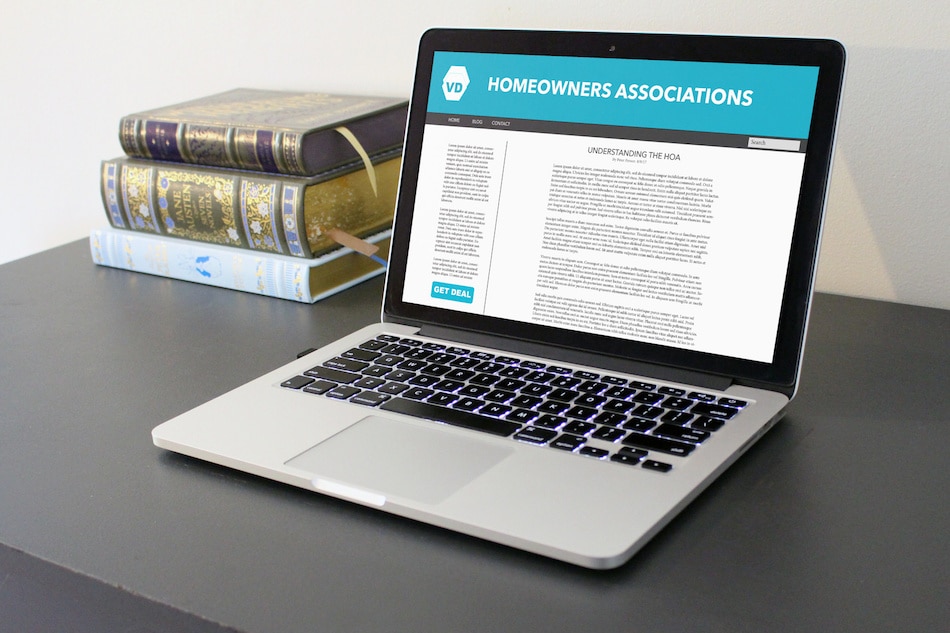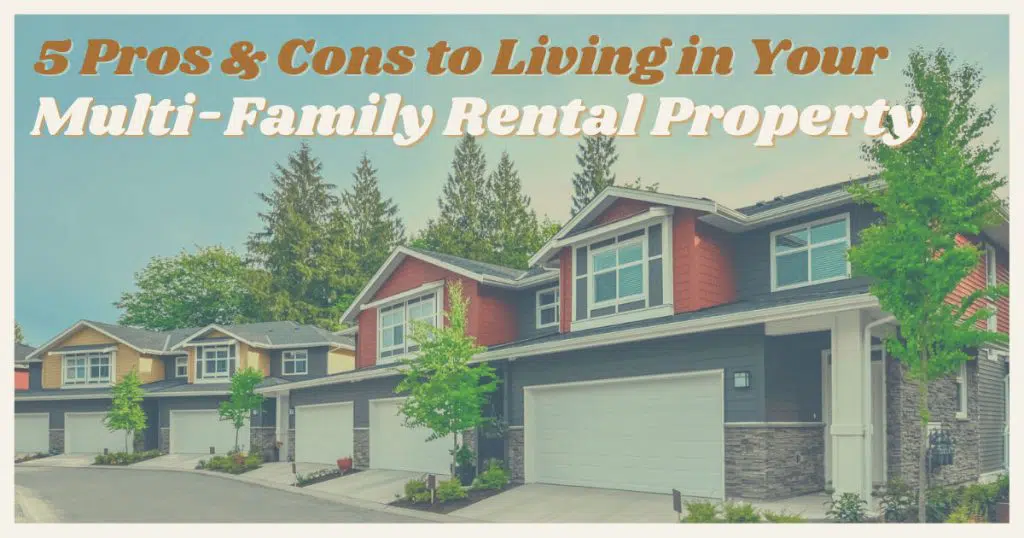
A Short Guide to HOAs: What Home Buyers Need to Know

Most people looking for a home in any kind of planned community are used to seeing references to an HOA. But there’s a lot of confusion about what Homeowners Associations are and what they actually do for property owners. These misunderstandings stem from the fact that one HOA can be very different from another. See why this is before choosing one HOA over another.
Across the Board
An HOA is a group of people attempting to maintain (and ideally raise) the value of a collective property. In the beginning, they’re comprised of the developer and their representatives. Once a certain percentage of the homes are sold, the HOA will transition to people elected by the residents of the building. But when it comes to how an HOA actually operates, buyers will find plenty of variance from one association to the next.
This is partially because an HOA is governed by state law, and each state can have wildly different ideas about what makes a good HOA. For example, hurricane-prone Florida takes a very hands-on approach when it comes to HOAs, while a mid-western state may grant more autonomy. There are also plenty of federal laws a property will have to comply with in order to keep its residents on the up and up.
How They Work
An HOA is primarily trying to maintain the state of the community. Their efforts include any shared amenities (e.g., pools, clubhouses, etc.) where they’ll use HOA fees to pay for repairs they need. An HOA will also set rules for homeowners when it comes to what they can and can’t do to their property. Each HOA will function differently based on location, the complexity of the property, and the state of local politics.
The more residents and amenities there are, the bigger their agenda will be and the more people will sit on the board. Just like any group anywhere, some HOAs are extremely effective. They work together to establish a fair Code of Conduct and will constantly look for ways to improve their operations without raising HOA fees for residents. They’re environmentally conscious and think ahead when it comes to catastrophes. However, some can be overly punitive when it comes to their laws and are known to play favorites with residents.
What to Look for
Residents should look for an HOA that is completely transparent about both their rules and how they make decisions. Buyers should ask questions about the state of their leadership and the stability of the group. (It’s all too common for potential homeowners to focus on the counters in the bathroom than to ask about how an HOA functions on a daily basis.) Buyers should also ask themselves what exactly it is they want when it comes to an HOA. Some Maple Grove home buyers may just want to enjoy a pool without having to worry about when and how to clean it.
Others may want some path of recourse if their neighbor decides to scatter used car parts all along their lawn and the side of their home. A poorly run HOA can make a homeowner’s life miserable with endless rules and regulations, so it’s important for a buyer to understand what they’re signing up for.
Most people are happy to live in a community with an HOA because they work to keep properties as valuable as possible. However, there are still plenty of mistakes a new buyer can make when it comes to choosing the right one. Research can help a lot when it comes to picking a community, so don’t be afraid to ask the tough questions before settling on a property.



